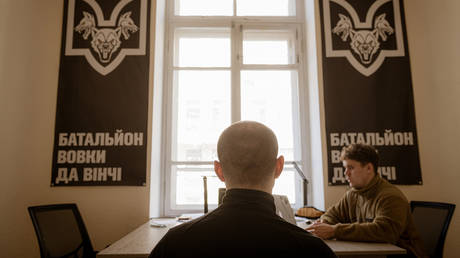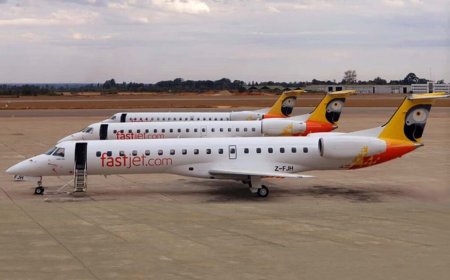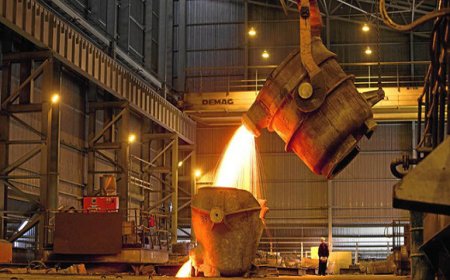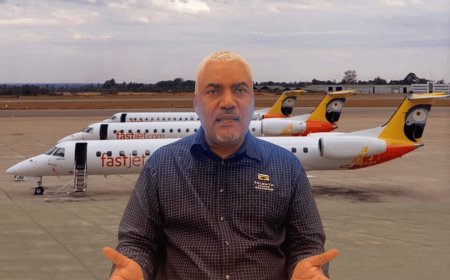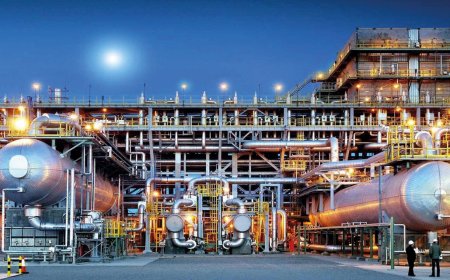Dugongo Says High Cement Prices in Mozambique Driven by Coal Imports, Admits Selling Cheaper Abroad to Earn Foreign Currency
Dugongo Mozambique, one of the country's leading cement producers, has justified the high domestic price of cement by pointing to the costs of importing coal from South Africa. The company admits that it sells cement at lower prices in export markets to secure much-needed foreign currency. Despite Mozambique’s own coal reserves in Tete province, Dugongo argues that poor road infrastructure makes using this local resource economically unfeasible, pushing the company to rely on more expensive foreign imports.

In an interview with TORRE.News, Issufo Ali, the company’s Chief Operating Officer, said current conditions do not allow for a reduction in prices. “Lowering the price of cement should be approached cautiously. Cement is not made with clinker alone. Other inputs like coal, which we have to import from South Africa, significantly raise production costs. We'd prefer to use coal from Tete, but the roads are simply not viable,” he explained.
Ali emphasized that cement production is a complex and expensive industrial process involving not just clinker, but limestone, diesel, coal, thermal energy, and imported materials and equipment. Forcing price reductions, he warned, would threaten the viability of the supply chain and destabilize the broader sector.
To mitigate high logistics costs — cited as the main reason for regional price disparities — Dugongo recently acquired two large vessels to support coastal shipping, aimed at reducing distribution costs and making cement more affordable in central and northern regions.
Currently, a 50-kg bag of cement costs between MZN 420 and MZN 450 in southern provinces, but can exceed MZN 620 in the north. Dugongo attributes this gap to transportation and logistics challenges rather than excessive profit margins. “Price is not always dictated by the company — it reflects market and logistical conditions,” Ali noted.
The company’s new vessels will also carry clinker to the port of Nacala, where a new factory is under construction to serve northern Mozambique. This facility is expected to ease supply bottlenecks and reduce prices in that part of the country.
Dugongo also responded to a recent proposal by opposition figure and former presidential candidate Venâncio Mondlane, who called for cement to be sold for under MZN 300 per bag. Dugongo dismissed the idea as unrealistic. “Prices for coal and diesel have increased sharply. It is not sustainable to sell below actual production costs,” a company representative said, noting that Dugongo occasionally sells cement abroad — including in South Africa — below cost in order to earn foreign exchange needed to pay for fuel and other raw materials.
Meanwhile, Mozambique’s Ministry of Economy has announced plans to lift the 20% customs protection currently shielding the local cement industry, a measure introduced years ago to support key infrastructure investments like Dugongo. The government hopes increased competition will drive consumer prices down.
On the potential tariff change, Issufo Ali declined to comment, saying the company will await a formal government decision before responding.
In 2021, Dugongo launched a new dry-process production line capable of producing 5,000 tons of cement per day, supported by a 3x12 MW thermal power plant. The $260 million investment brought the company’s total annual capacity to around two million tons, with an estimated annual production value of $220 million.
At the time, cement sold for under MZN 300 per bag, helping many Mozambicans build homes. Today, in a climate of currency shortages, rising operational costs, and economic volatility, Dugongo insists that only structural improvements in logistics, transportation, and access to competitively priced local raw materials can bring prices down again.







